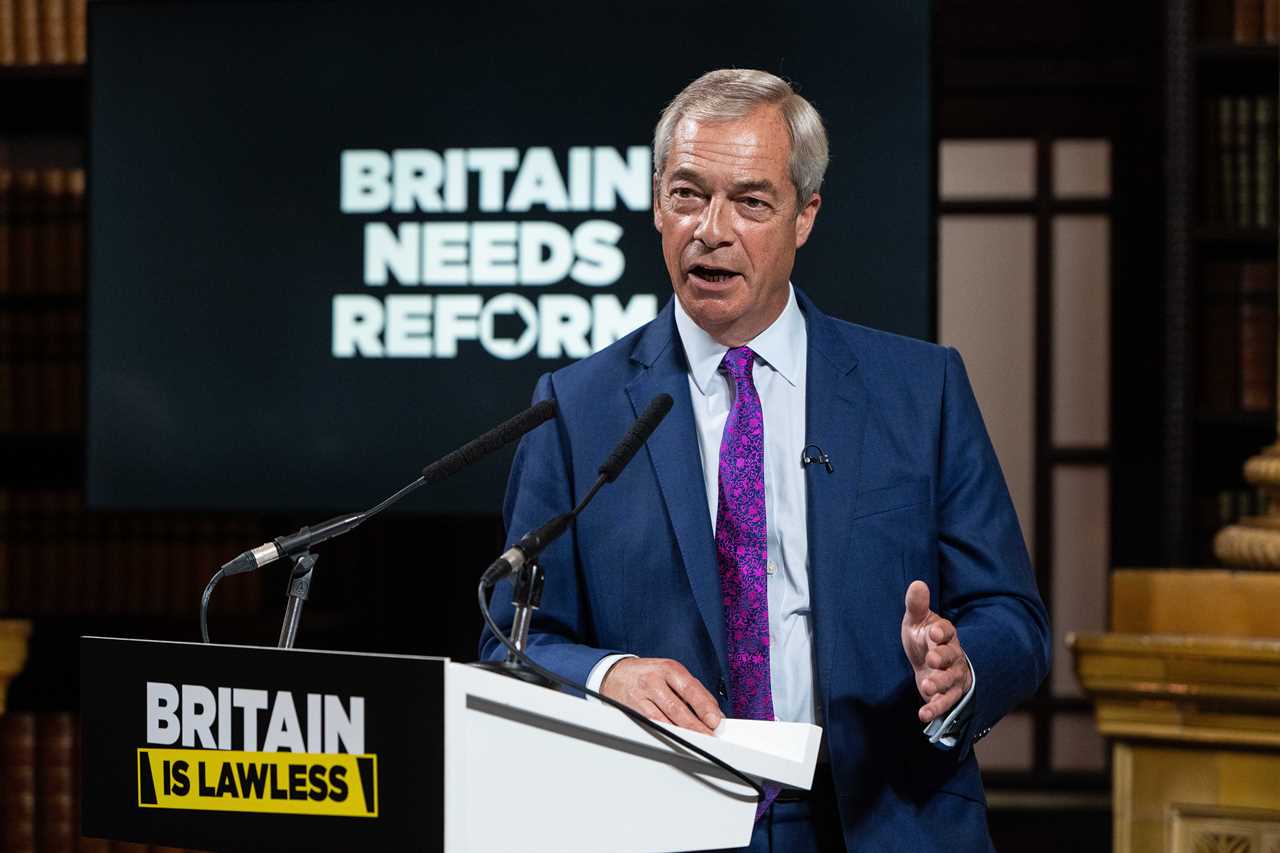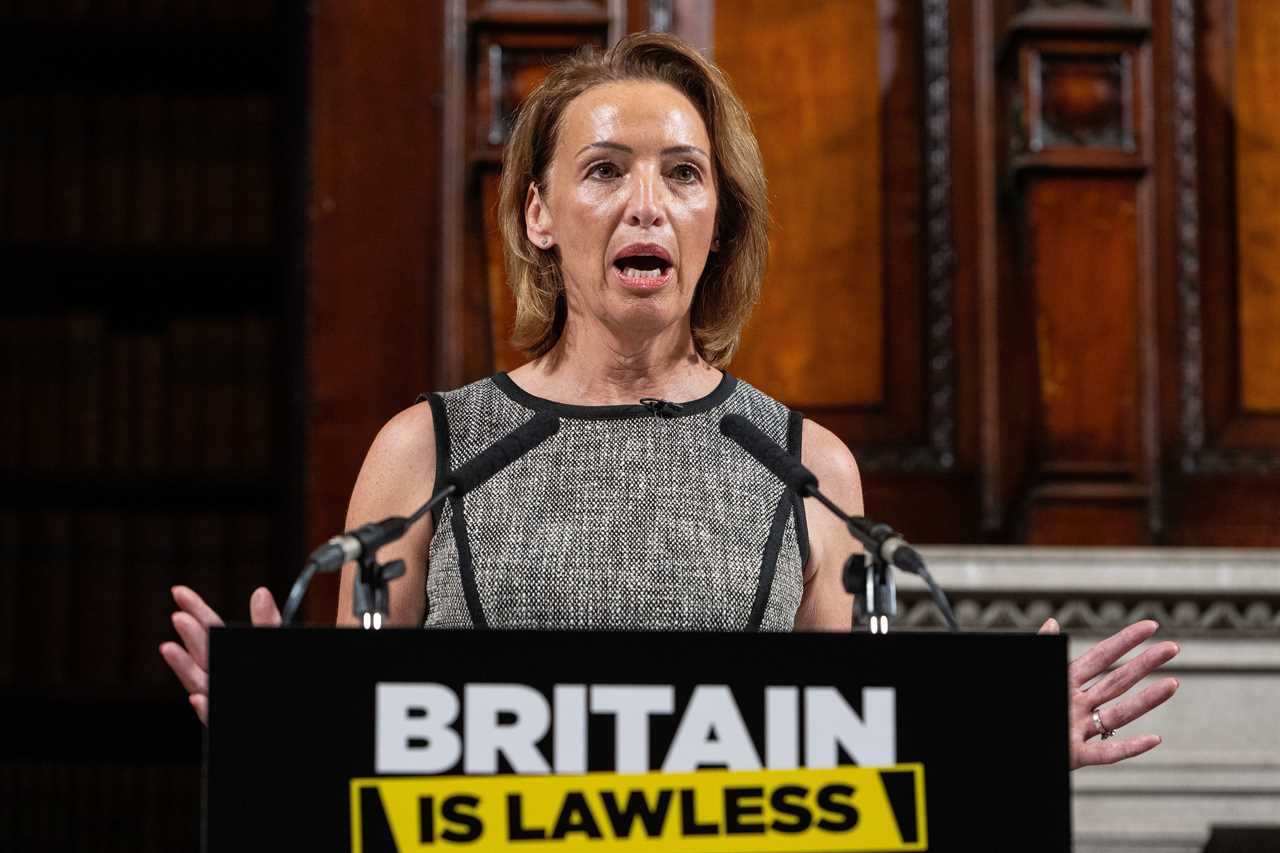
In a climate marked by heightened tensions, Nigel Farage has sounded a stark alarm, cautioning that Britain stands at the precipice of social upheaval. His pledge to institute life imprisonment for repeat sex offenders comes amidst a charged atmosphere of discontent over immigration, with Farage warning of a potential national crisis. Recent clashes in Essex involving an Ethiopian migrant accused of sexual assault have further stoked fears, as Farage contends that public trust in state protection is eroding rapidly.
The wider context: Intersecting Factors of Immigration, Crime, and Sentencing
Farage's rhetoric underscores a broader discourse intertwining immigration, crime, and punitive measures. The confluence of these complex issues presents a challenge, with debates on security, justice, and societal cohesion at the forefront. While addressing criminal behaviour is crucial, the proposed solutions demand scrutiny, balancing robust law enforcement with respect for human rights and due process.
Structural Realities and Political Posturing
Farage's call for stringent sentencing and increased policing intersects with political posturing that taps into public anxieties. By linking immigration to crime, he navigates a terrain fraught with historical biases and systemic inequalities. Such narratives often oversimplify intricate social dynamics, potentially fuelling divisive sentiments rather than fostering holistic solutions.
Community Safety and Inclusive Policymaking
Ensuring community safety requires a multifaceted approach that goes beyond punitive measures. Addressing the root causes of crime, supporting vulnerable populations, and fostering inclusive policies are essential components of a comprehensive strategy. Engaging with diverse perspectives and expertise is crucial to crafting effective, evidence-based responses that uphold justice and promote social well-being.

Challenges of Policing and Public Trust
The debate on policing reflects broader concerns about public trust, law enforcement practices, and societal values. Calls for impartiality and effectiveness in policing resonate with demands for accountability and transparency. Striking a balance between proactive crime prevention and safeguarding civil liberties is a delicate task that necessitates nuanced approaches and sustained dialogue.
As Britain grapples with complex issues of security, immigration, and justice, Farage's proposals raise fundamental questions about the path forward. Navigating the nuances of crime prevention, rehabilitation, and community engagement requires a collective effort to address underlying tensions and foster a society built on principles of equity and solidarity.






